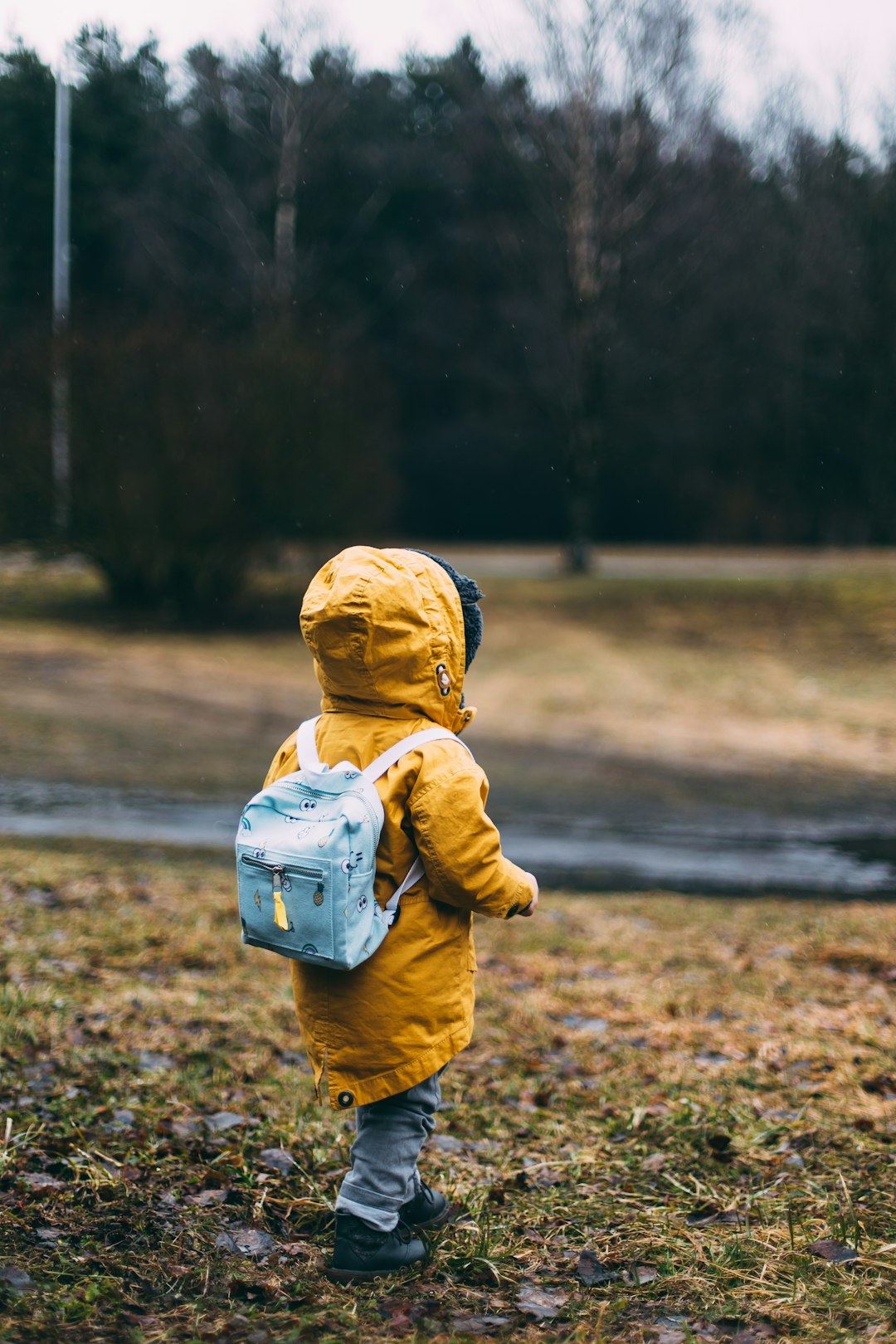In New York (NY), navigating the dynamic cityscape means embracing change and innovation. Racial disparities in child abuse cases persist, with cultural, language, and systemic barriers leading to underreporting and lower prosecution rates among marginalized communities of color. To address these issues, NY must implement culturally sensitive training, community outreach, and improved legal representation to foster trust and ensure justice for all children, regardless of background.
Racial Bias in NYC's Child Abuse Reporting Systems

Disparities: Uncovering Inequities in Prosecution Rates

In the diverse landscape of New York City (NY), racial disparities in child abuse reporting and prosecution have long been a concern. Studies reveal striking imbalances, highlighting the need for equitable justice. The data indicates that while child abuse affects all communities, certain racial and ethnic groups face significantly higher barriers to accessing legal protection.
These disparities are evident in the prosecution rates, where statistics show a notable gap between the reporting of abuse within different neighborhoods. In some areas of NY, cultural factors, language barriers, and systemic biases contribute to underreporting, leading to lower prosecution numbers for these communities. Understanding and addressing these inequities are crucial steps towards ensuring every child receives the justice they deserve, regardless of their background or community affiliation.
Addressing Systemic Barriers to Justice for All Children

In New York City, addressing racial disparities in child abuse reporting and prosecution requires a multifaceted approach to dismantle systemic barriers. Historical and societal factors have contributed to unequal access to justice for all children, particularly those from marginalized communities of color. These disparities are evident in the underreporting of abuse within these communities, often due to fear, trust issues with authority figures, and cultural stigma surrounding child protection.
To ensure every child receives the necessary support and accountability for perpetrators, NYC must implement strategies that foster trust and engagement. This includes culturally sensitive training for professionals involved in child protection, community outreach programs that educate families about their rights and resources, and improving access to legal representation for affected families. By addressing these barriers head-on, New York City can strive towards a more equitable system where all children have an equal chance at justice and healing.





